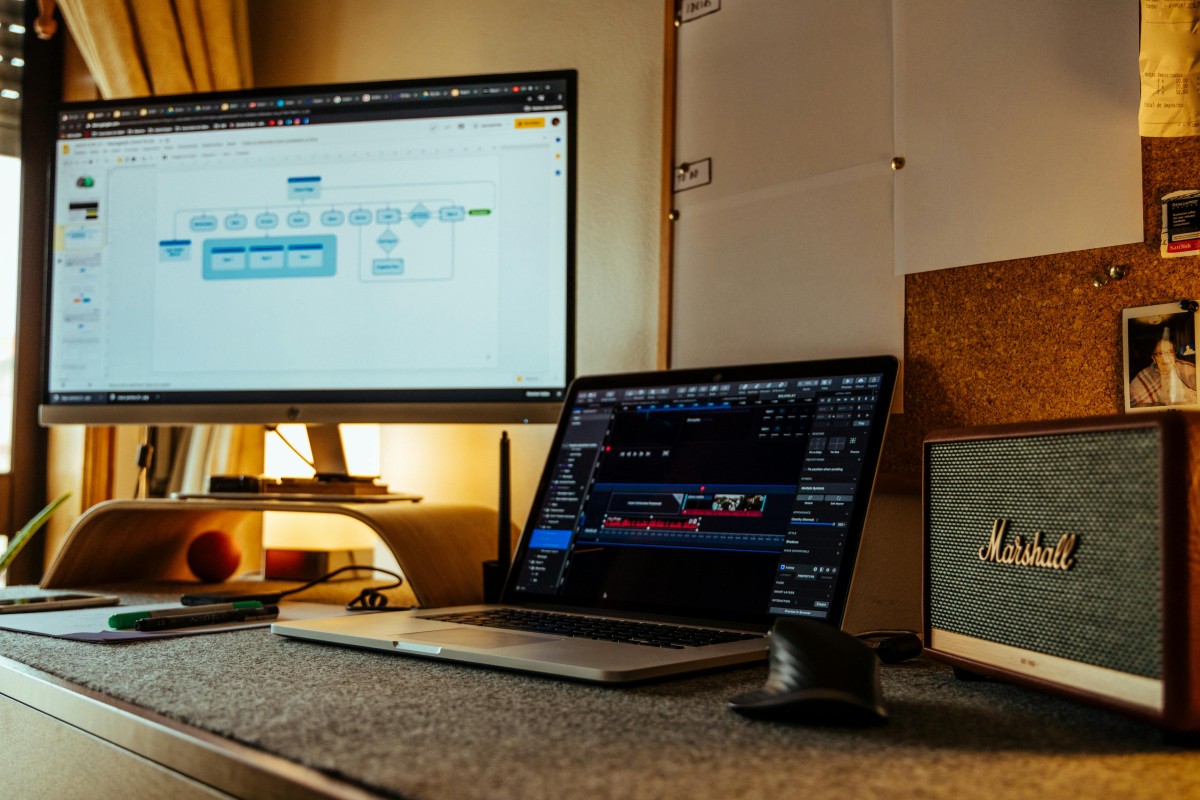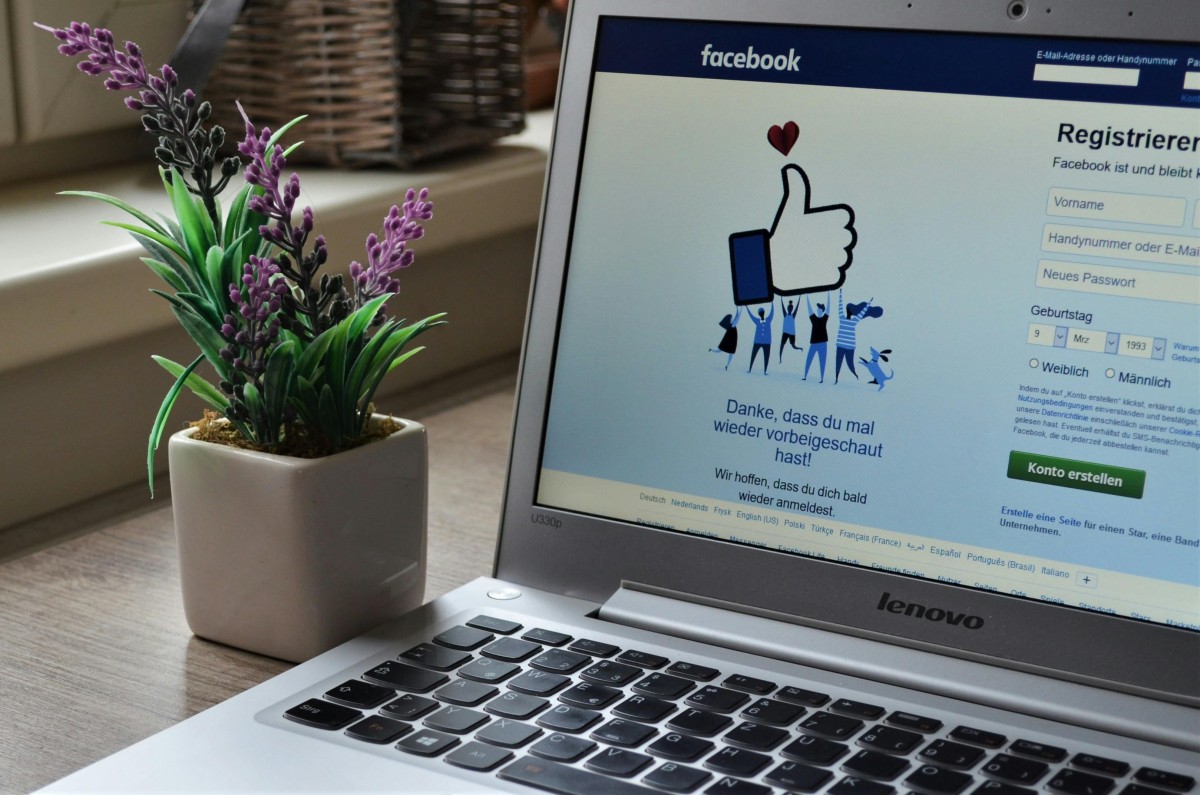Table of Contents
ToggleWhat is a Digital Creator?
In today’s digital age, the term “digital creator” has become more common, yet it’s still a concept that many might not fully understand. A digital creator is someone who produces and shares content online across various platforms such as YouTube, Instagram, TikTok, blogs, and podcasts. This content can be in many forms—videos, photos, podcasts, blogs, or even interactive media. Digital creators are not confined to one format or medium, and their goal is often to engage, educate, entertain, or inform their audience in unique and personal ways.
The Rise of the Digital Creator
The rise of social media platforms has given everyone the ability to create and distribute content. No longer do creators need a traditional media outlet to reach people. With a smartphone and internet access, anyone can become a digital creator, whether it’s through sharing photos on Instagram or uploading videos to YouTube. Platforms like these have democratized content creation, allowing individuals with various skills and backgrounds to find their voice and build a community.
What Do Digital Creators Do?
At its core, a digital creator is someone who regularly creates original content for online platforms. Their work could range from photography, video production, and writing, to graphic design, music, and podcasts. Here’s a look at some of the common forms of content created by digital creators:
- Video Content: Whether it’s short-form content like TikToks and Instagram Reels or long-form content like YouTube videos, video creation is one of the most popular ways digital creators engage their audience. This might include tutorials, vlogs, interviews, or entertainment-based content.
- Written Content: Many digital creators maintain blogs or write for platforms like Medium or Substack. They share stories, advice, how-tos, and commentary on various topics such as fashion, tech, health, or lifestyle.
- Photography & Art: Visual creators may share their work on platforms like Instagram or Pinterest. Photographers, digital artists, and graphic designers use these spaces to showcase their portfolios, grow an audience, and sometimes sell their work.
- Podcasts: Audio-based creators use podcasts to discuss a wide range of topics. Podcasts have gained immense popularity, allowing creators to dive deep into subjects and establish themselves as thought leaders or entertainers in their niche.

Digital Creators vs. Influencers
Though closely related, there is a distinction between a digital creator and an influencer. While both use social media and digital platforms to reach an audience, digital creators focus on content creation and storytelling. Influencers, on the other hand, often build their online presence around partnerships with brands, using their following to promote products or services.
However, many digital creators also work as influencers when their content leads to brand partnerships and sponsored posts. But the main difference is that digital creators are content-first, while influencers often center their online presence on their personal brand and collaborations with other businesses.
Why Are Digital Creators Important?
Digital creators have become powerful players in the modern media landscape for a few reasons:
- Authenticity: Many digital creators produce content based on their personal experiences, hobbies, and passions, which makes them relatable to their audience. Authenticity is key in creating a loyal following.
- Community Building: Digital creators foster communities around their content. They interact with their audience, reply to comments, and engage in real-time conversations. This connection helps build trust and a sense of belonging among followers.
- Niche Content: Unlike traditional media, digital creators can focus on highly specific niches. Whether it’s makeup tutorials for beginners, tech reviews for gamers, or food recipes for vegans, digital creators can specialize and still find success.
- Economic Impact: The creator economy is booming. Through monetization methods such as brand deals, merchandise sales, affiliate marketing, and memberships (e.g., Patreon or YouTube memberships), many digital creators have turned their content creation into a full-time career. Their influence has reshaped marketing strategies, with brands allocating significant budgets to influencer partnerships.
Becoming a Digital Creator
The path to becoming a digital creator is open to anyone with a passion for sharing knowledge, skills, or entertainment. Here’s what someone looking to start might consider:
- Choose a Niche: Whether it’s fashion, tech, education, or comedy, it’s helpful to focus on a niche that you are passionate about. This allows you to target a specific audience and stand out.
- Learn the Tools: Digital creators use a variety of tools to produce content—editing software, cameras, microphones, and design apps. Learning to use these tools effectively is essential for producing high-quality content.
- Consistency is Key: Regular posting and consistent interaction with your audience are essential for growth. Platforms reward consistency, and audiences appreciate creators who show up regularly.
- Engage with Your Audience: Interaction with your audience is just as important as creating content. Reply to comments, ask for feedback, and make your audience feel like they are part of the creative process.
Conclusion
The world of digital creation is vibrant and growing, offering endless possibilities for those who wish to share their stories, talents, and knowledge. With low barriers to entry and a vast global audience at your fingertips, becoming a digital creator is more accessible than ever. Whether you aim to inspire, educate, entertain, or build a community, the digital space is your canvas.
For such informative blogs visit our website





